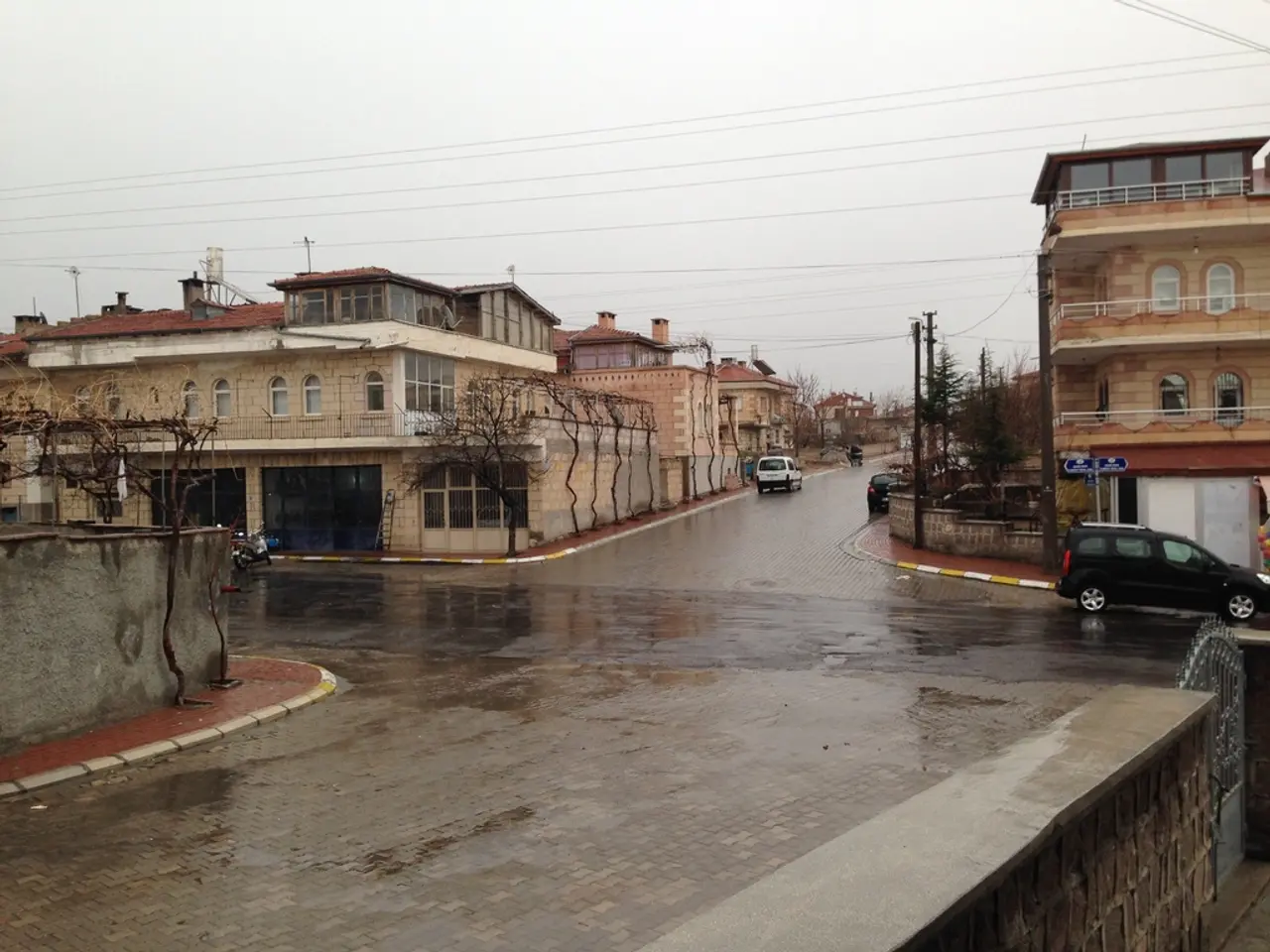Increase in number of jobless youths reported - Increased joblessness among younger demographics
In the summer months, Rhineland-Palatinate, a German state with a diverse economy representing around 4.4% of the country's GDP, typically sees an increase in youth unemployment. This seasonal trend is primarily due to the completion of school and the search for apprenticeships or entry-level jobs, with the supply of officially registered training places often lagging behind the demand.
To tackle this challenge, regional authorities and businesses have implemented various measures. These include increasing the number of apprenticeship offerings, improving information and counseling services for young people, and promoting dual vocational training that combines on-the-job training with classroom learning.
Efforts to align training place supply with demand involve enhanced cooperation between schools, companies, and employment agencies. Additionally, campaigns and programs are employed to motivate companies to offer more apprenticeships. Career counseling and job matching services are provided to improve young persons' access to training, and diverse and flexible apprenticeship models are supported to include more young people from different backgrounds.
As of July, there were a total of 33,300 open jobs registered throughout the state, a decrease of 1.4% compared to the previous month. The industry with the most free jobs is temporary work, with around 5,900 positions, while health and social care has around 4,000 available jobs.
However, the state currently has 6,200 young people seeking a training place, a figure that has been decreasing since its initial rise in January but has been on the rise since June. Despite this, there are still 8,400 training places available, as announced by the Regional Directorate.
It's important to note that these dynamics are consistent with broader German labor market trends where summer unemployment rises among youth due to transitional dynamics between education completion and training or employment start. For the most detailed and specific statistics or policies, local government or employment agency reports for Rhineland-Palatinate typically provide updates on youth employment trends and training initiatives.
- To reduce the disparity between training place supply and demand, regional authorities and businesses in Rhineland-Palatinate are exploring financial strategies to incentivize more vocational training opportunities, aiming to provide a solution for the increasing number of young people seeking training.
- In the pursuit of providing equal opportunities for youth employment and vocational training, regional employment agencies are working with community organizations to develop financial assistance programs for those requiring financial aid to participate in vocational training, ensuring that all young individuals can access the necessary resources for a successful career start.




